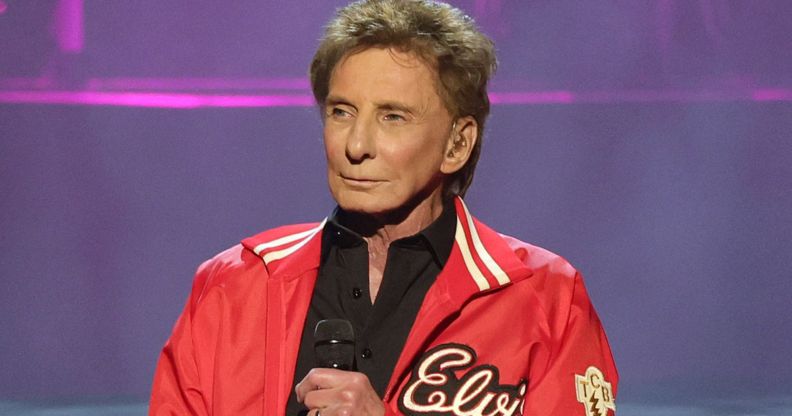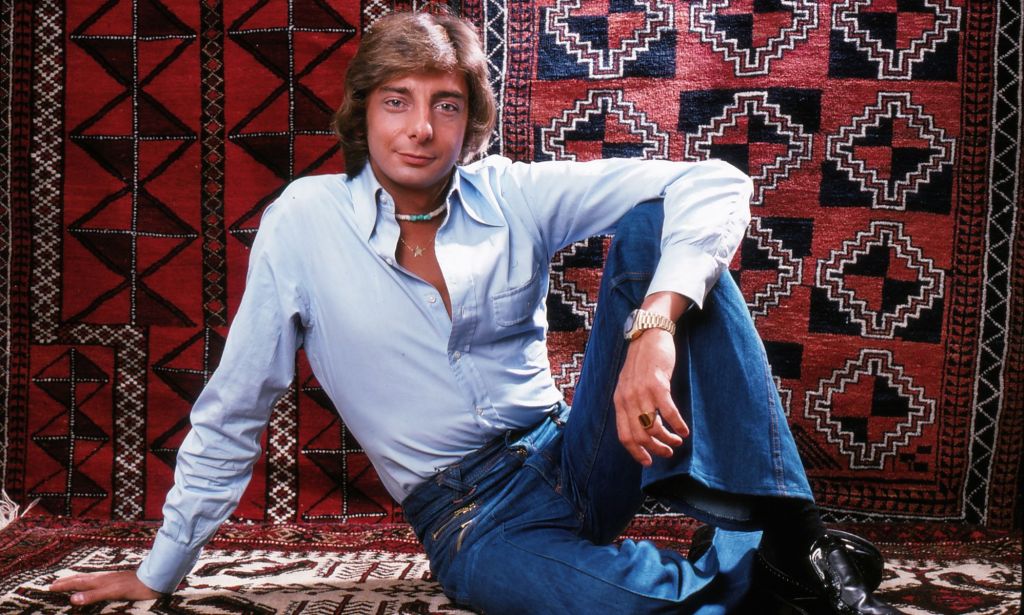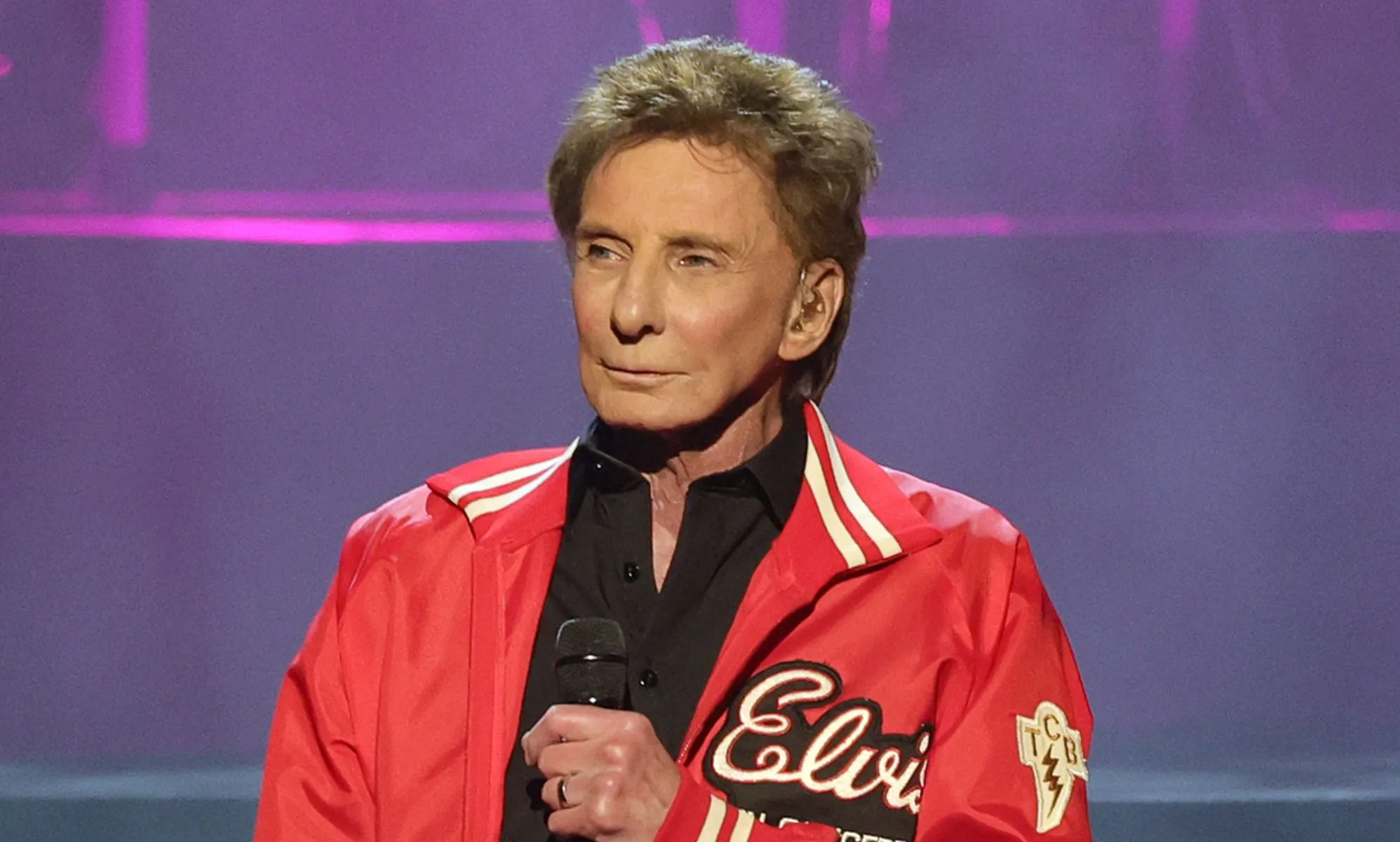
Barry Manilow recalled how performing alongside Bette Middler at the Continental Baths, an iconic gay bathhouse, was ‘unusual’, but ultimately a ‘job for 75 bucks’. (Getty Images)
Barry Manilow is looking back on his storied career and how it all famously began when he played piano at a gay bathhouse in New York City.
Back in the early 1970s, Manilow performed at the Continental Baths, a gay bathhouse in the basement of what was formerly The Ansonia Hotel.
The young performer teamed up with Bette Middler on gigs at the gay bathhouse, and both their careers began to flourish quickly as a result of the partnership.
In an interview with The Hollywood Reporter on Friday (5 January), the 80-year-old “Copacabana” singer reflected on his incredibly successful career, which spans over 50 years, and how his rise to stardom meant that he kept his personal life out of the public eye for years.
It wasn’t until 2017 that he officially came out as gay and opened up about his love story with husband Garry Kief for the first time in a cover story for People magazine.
When asked if playing piano at the queer venue helped him realise anything about his sexuality, Manilow said he “wasn’t sure about that” at that point in his life.
“There were a lot of us in the world that had yet to figure it out,” he added.
The outlet pressed the “Looks Like We Made It” hitmaker about not realising his sexuality while performing at one of the most iconic gay bathhouses in history, where patrons were often naked or simply wore towels while entertainers performed on stage.
Manilow responded: “What do you think, they were f**king in front of us?”
“They were just an audience. A great audience, too,” he said. “It’s unusual, I agree. But for me, it was a job for 75 bucks.”

Barry Manilow has spoken previously about why he waited until he was in his 70s to live his truth as a gay man.
He told CNN’s Chris Wallace back in November that being gay in the modern day is “no big deal”, but coming out in the 1970s “would have killed a career”.
The “Mandy” singer said he was “happy talking about music” for years because he felt that his personal life was “just kind of creepy” to him.
And in Friday’s interview, Manilow doubled down on his belief that coming out wasn’t an option for him until later in his career. Still, he said it was a “burden” to stay in the closet for most of his life.
“I didn’t want my career to go away. I love it. I’m grateful for it. But it was a burden to keep it quiet,” he said.
“I was always worried. Every interview: ‘They’re going to ask me whether I’m gay or not.’
“Nobody ever did, by the way. They never asked me the $64 question.”
Manilow also recalled a conversation he had with record producer Clive Davis, who came out as bisexual later in life, in the 1980s. Manilow remembers Davis saying “no artist should” disclose that they were part of the LGBTQ+ community after Elton John came out, and that if Manilow did, it would “hurt [his] career”.
“And it did hurt Elton for quite a while,” Manilow said.
Davis told the Hollywood Reporter that he didn’t recall having that conversation with Manilow, but admitted that if the topic had come up, he “would have said it’s a risky proposition to a career”.
